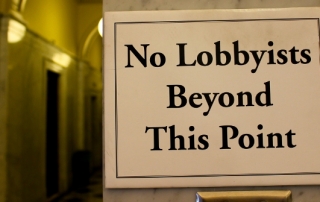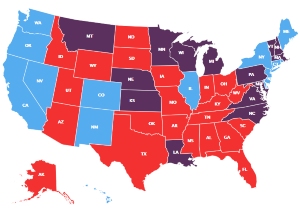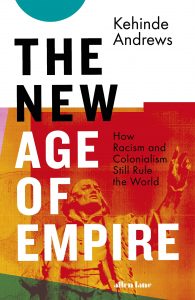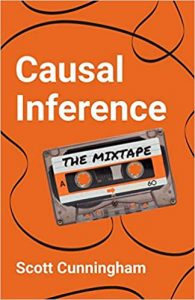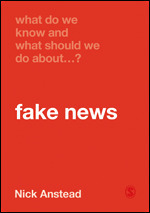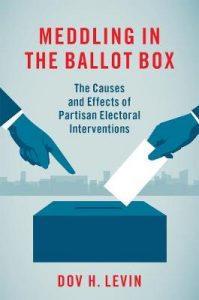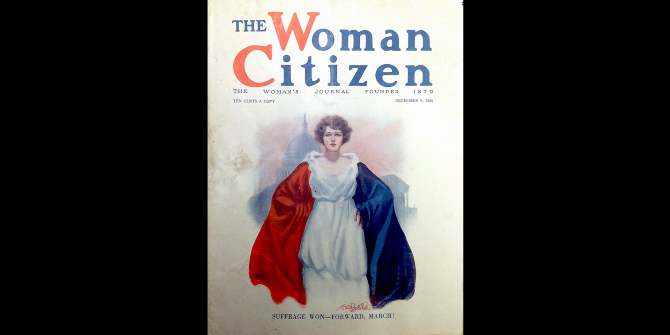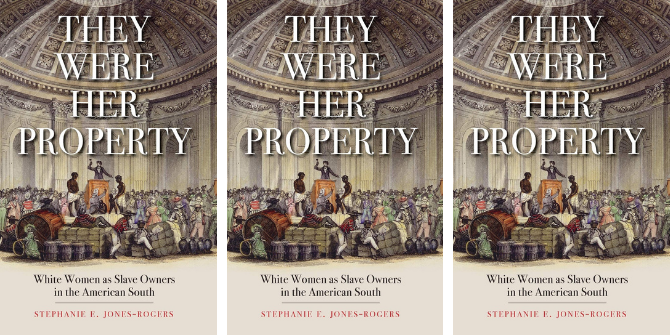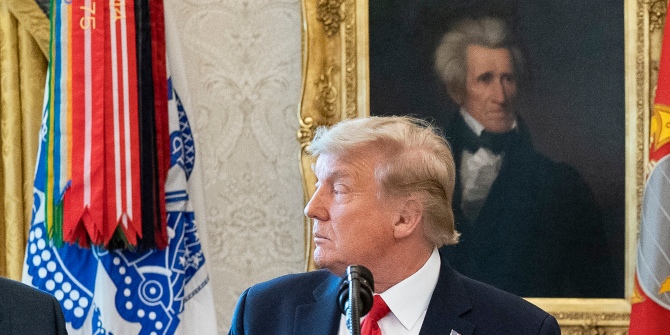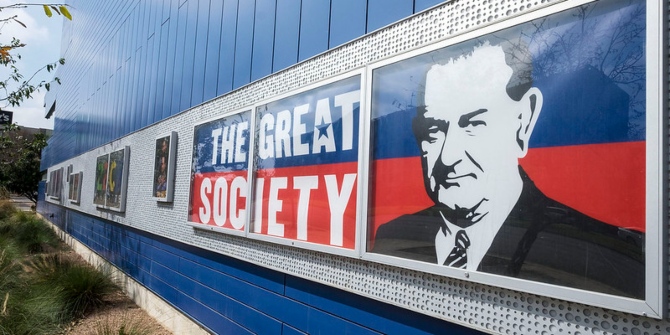The dark side of economic freedom: Neoliberalism has deleterious effects on labor rights
The common criticism is that market-liberalising policies sacrifice social and political rights. Robert Blanton and Dursun Peksen adopt a novel approach, finding more nuanced insights concerning the dynamics between neoliberalism and labor rights. Overall, their findings confirm that the relationship between the two is markedly negative, in spite of the mounting empirical evidence that worker rights may be conducive […]

